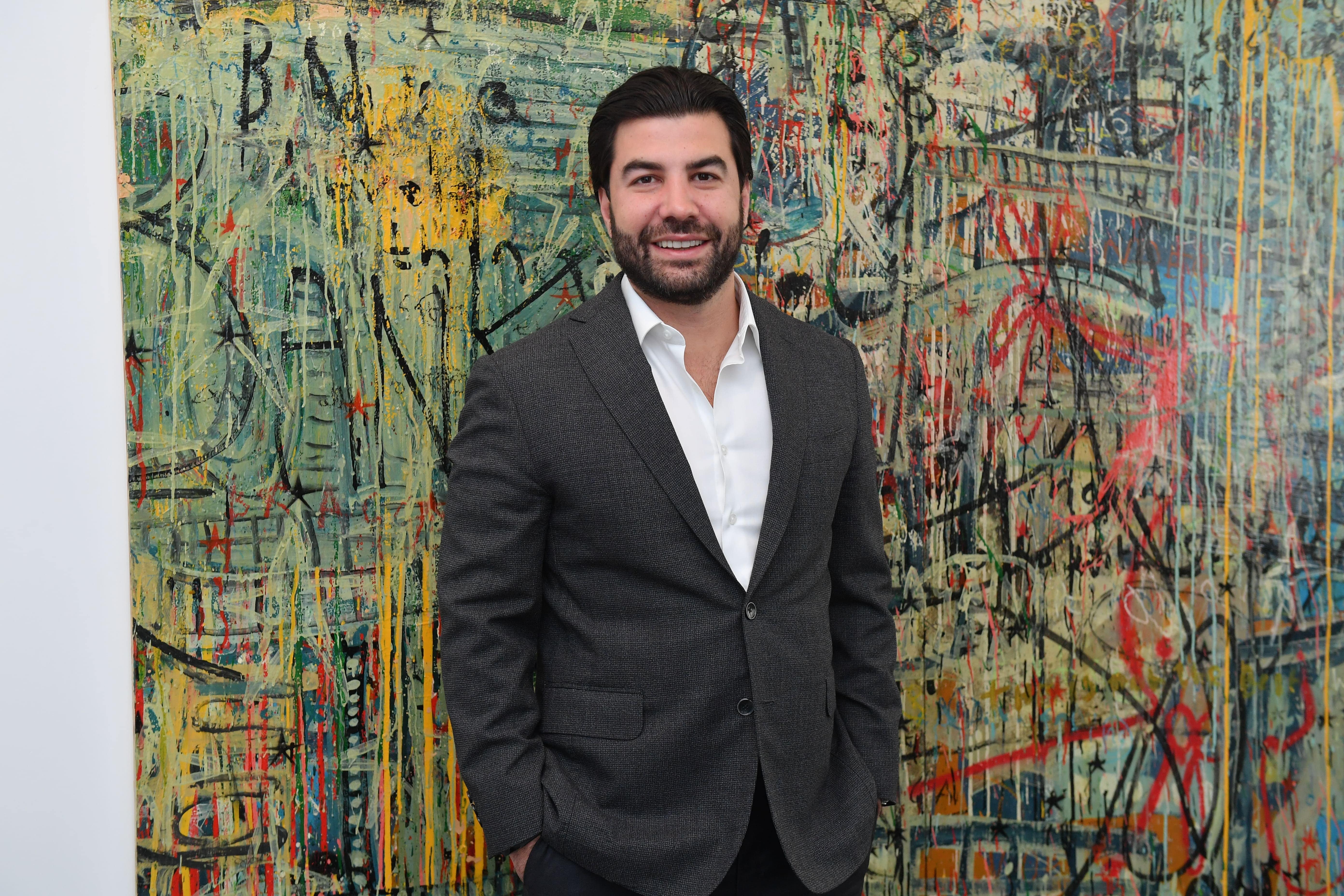 The Middle Eastern advertising industry is undergoing a phenomenal change. According to a mid-year report by Group M, search is expected to account for 33% of total digital ad spend during 2021. From giant billboards from the times of “Mad Men” to curated advertising, the change has been favourable to all, the advertisers, the publishers, vendors and consumers. As usual, trends have shifted, consumer behaviours have changed, new business models have cut through the market, hence advertising has had to adapt. Covid-19 has further propelled the shift. For example, earlier for linear TV (traditional) advertising, most TV channels offered incentives to advertisers to buy ad slots. However, the landscape is now inching away from these old ways and are entering new territories like investing in digital advertising and exploring concepts like Programmatic Fixed Advertising.
The Middle Eastern advertising industry is undergoing a phenomenal change. According to a mid-year report by Group M, search is expected to account for 33% of total digital ad spend during 2021. From giant billboards from the times of “Mad Men” to curated advertising, the change has been favourable to all, the advertisers, the publishers, vendors and consumers. As usual, trends have shifted, consumer behaviours have changed, new business models have cut through the market, hence advertising has had to adapt. Covid-19 has further propelled the shift. For example, earlier for linear TV (traditional) advertising, most TV channels offered incentives to advertisers to buy ad slots. However, the landscape is now inching away from these old ways and are entering new territories like investing in digital advertising and exploring concepts like Programmatic Fixed Advertising.
To gauge the benefits of Programmatic Fixed Advertising, you need to first understand what is programmatic advertising.
Programmatic advertising is defined as automated buying and selling of advertising slots across different digital media channels. Programmatic Fixed advertising is one of the buying methods under programmatic advertising.
Programmatic fixed advertising is where the advertiser directly buys inventory (ad space) from the publisher. The advertiser agrees to buy a fixed number of impressions, and the publisher agrees to deliver the exact amount of impressions for a fixed price. It’s a simple one-to-one transaction for ad space, eliminating multiple advertisers bidding on the same space. Most importantly, advertisers know where their ads are being displayed, while the publishers know whom they are selling their ad space to.
Here are more benefits to opting for programmatic fixed pricing rather than buying TV ad space only for the associated incentives.
Gaining control
While the publisher gets a complete say over the ads that are being displayed in the ad space, the advertiser too has control over his campaign when it comes to ensuring the required impressions are met within the fixed time period and cost.
Achieving quality
All an advertiser needs through his investment are quality impressions on the ads. Programmatic fixed advertising ensures the advertiser’s demands are met seamlessly through a targeted approach based on preferences, demographics, location etc.
Maintain brand repute
The publisher and the advertiser both determine the placement of an ad on the agreed medium. This helps the advertiser to pre-determine that the ad will be placed in a brand-safe environment and the publisher is assured that the ad is safe to be placed on his medium. Running a campaign through an open market auction cannot ensure this level of assurance.
Ensuring security
Programmatic fixed advertising simplifies a sale. The whole process is automated and reduces the possibility of error. Moreover, because the ad space is sold to specific, selective buyers, there is almost no scope for malvertisement.
More transparency
When compared to other advertisement buying methods and models, Programmatic fixed advertising ensures one-to-one interaction between the publisher and the advertiser. This is not possible otherwise wherein the publisher and advertiser have no direct contact because of the multiple third parties in between driving the conversation. Programmatic fixed advertising embeds a lot of transparency into the process, keeping all the parties involved in the know.
Programmatic fixed advertising has more benefits than any other buying model. Leveraging this particular advertising model can provide advertisers with a highly-engaged audience, as well as high-value interactions and impressions. In addition, publishers can get their premium ad spaces filled with premium ads through selective advertisers to increase the overall profitability, ultimately creating a win-win situation.










